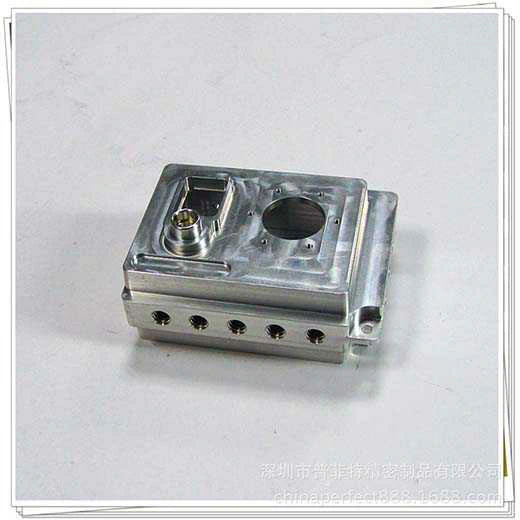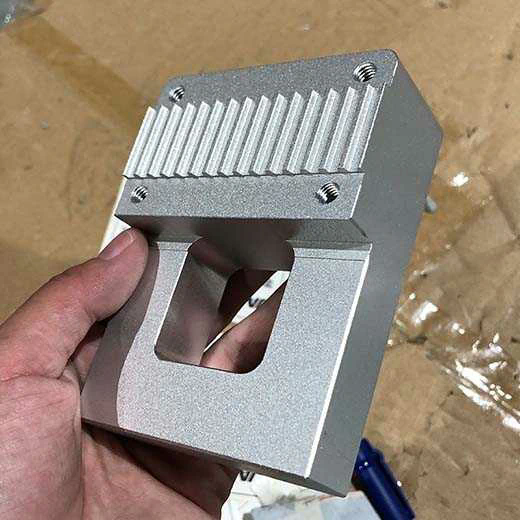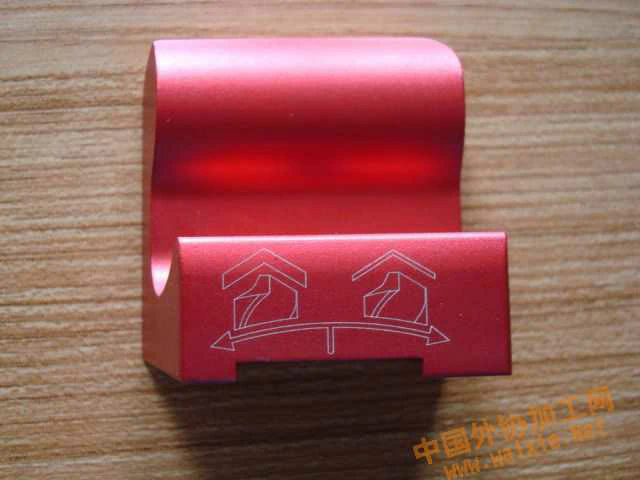Exploring CNC Machining Applications in Aerospace Engineering
Exploring CNC Machining Applications in Aerospace Engineering

In the dynamic field of aerospace engineering, precision and reliability are paramount. The quest for innovative technologies to enhance manufacturing processes has led to the widespread adoption of Computer Numerical Control (CNC) machining. CNC machining plays a vital role in fabricating complex aerospace components with unparalleled accuracy and efficiency. This article delves into the multifaceted applications of CNC machining within the aerospace industry, highlighting its significance in advancing engineering capabilities and driving technological progress.

Advancements in Aerospace Manufacturing
The aerospace industry operates on the forefront 
Complex Geometry Manufacturing
Aerospace designs often feature complex geometries that pose significant challenges for traditional manufacturing processes. CNC machining overcomes these challenges by leveraging computer-controlled precision to create intricate shapes and contours with ease. Whether it’s producing aerodynamic wing structures or intricately designed engine components, CNC machining enables engineers to translate ambitious design concepts into tangible realities.
Enhancing Material Capabilities
In addition to its prowess in shaping intricate geometries, CNC machining plays a crucial role in unlocking the full potential of advanced materials in aerospace engineering.
Composite Material Machining
Composite materials, such as carbon fiber reinforced polymers (CFRP) and fiberglass, are increasingly favored in aerospace applications due to their high strength-to-weight ratios and corrosion resistance. However, machining composites presents unique challenges, including delamination and fiber pullout. CNC machining addresses these challenges by utilizing specialized tooling and cutting strategies optimized for composite materials, enabling the precise shaping of composite components without compromising their structural integrity.
High-Temperature Alloy Machining
Aerospace engines operate under extreme conditions, requiring materials capable of withstanding high temperatures and mechanical stresses. High-temperature alloys, such as titanium and nickel-based superalloys, are prized for their exceptional heat resistance and strength-to-weight ratios. CNC machining enables the precise shaping of these